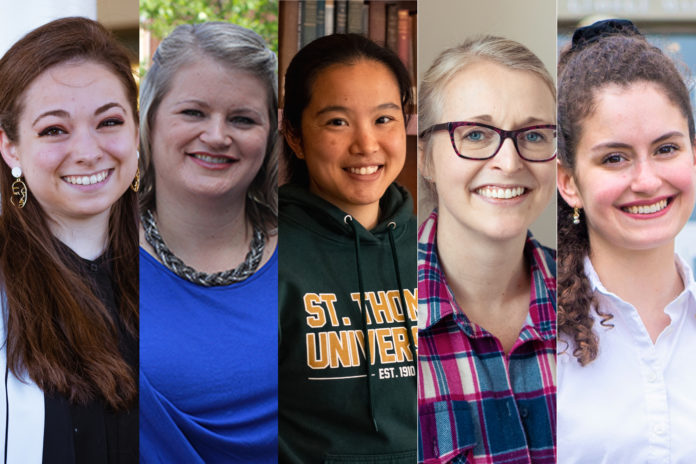

This is the final part of a four-part series for Women’s History Month highlighting women in leadership roles at St. Thomas University. This week is about staff. Check out part three of this series about social science professors here.
Cristi Flood (she/her)
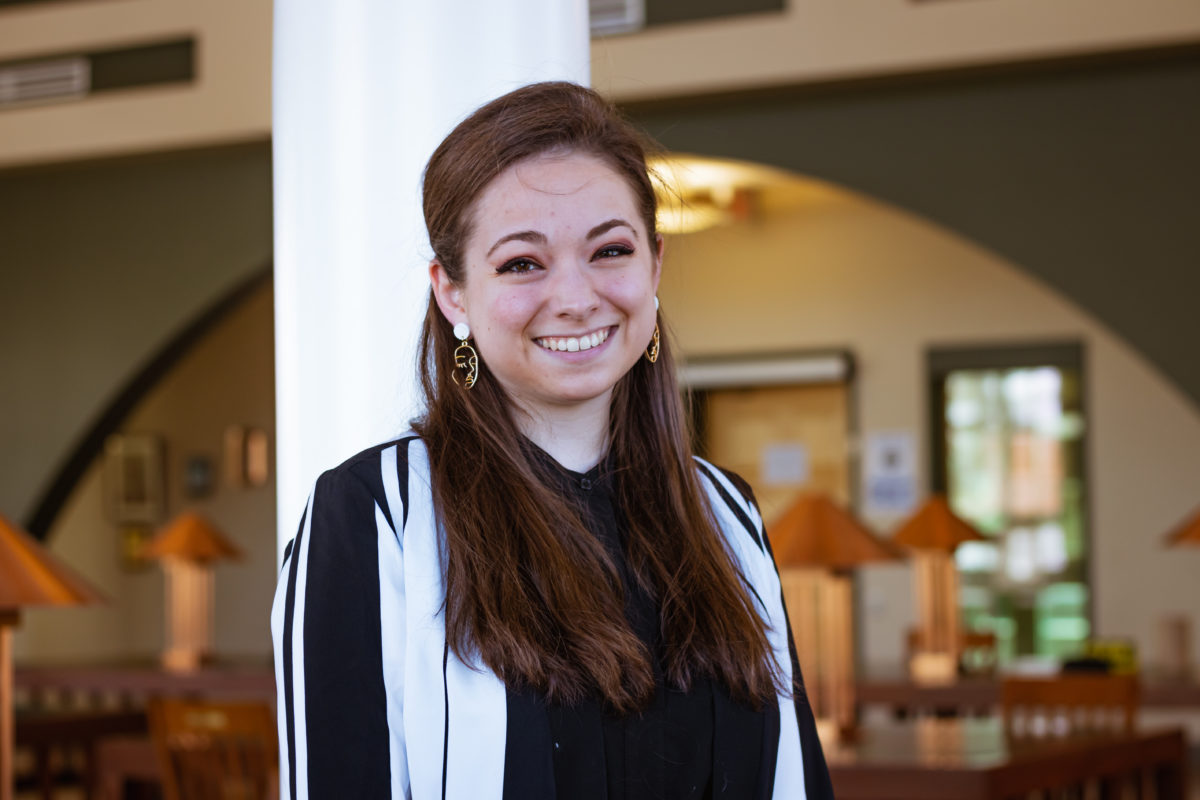
Cristi Flood is a St. Thomas University senior admissions counsellor, a part-time faculty member in the gerontology department and, above all, a proud STU alumni. She said as someone who grew up with internalized misogyny, mentoring was important to her life.
“Role models were really the first step in helping me to change the way that I conceptualize women and womanhood,” she said. “I’ve had the great privilege of having a number of different mentors and colleagues who are women who have really challenged me to do better.”
Flood said her program wants to foster a healthy and productive environment that’s supportive and inclusive.
“We have done different inclusivity training to ensure that people have a good understanding of the importance of these issues.”
Carrie Monteith-Levesque (she/her)
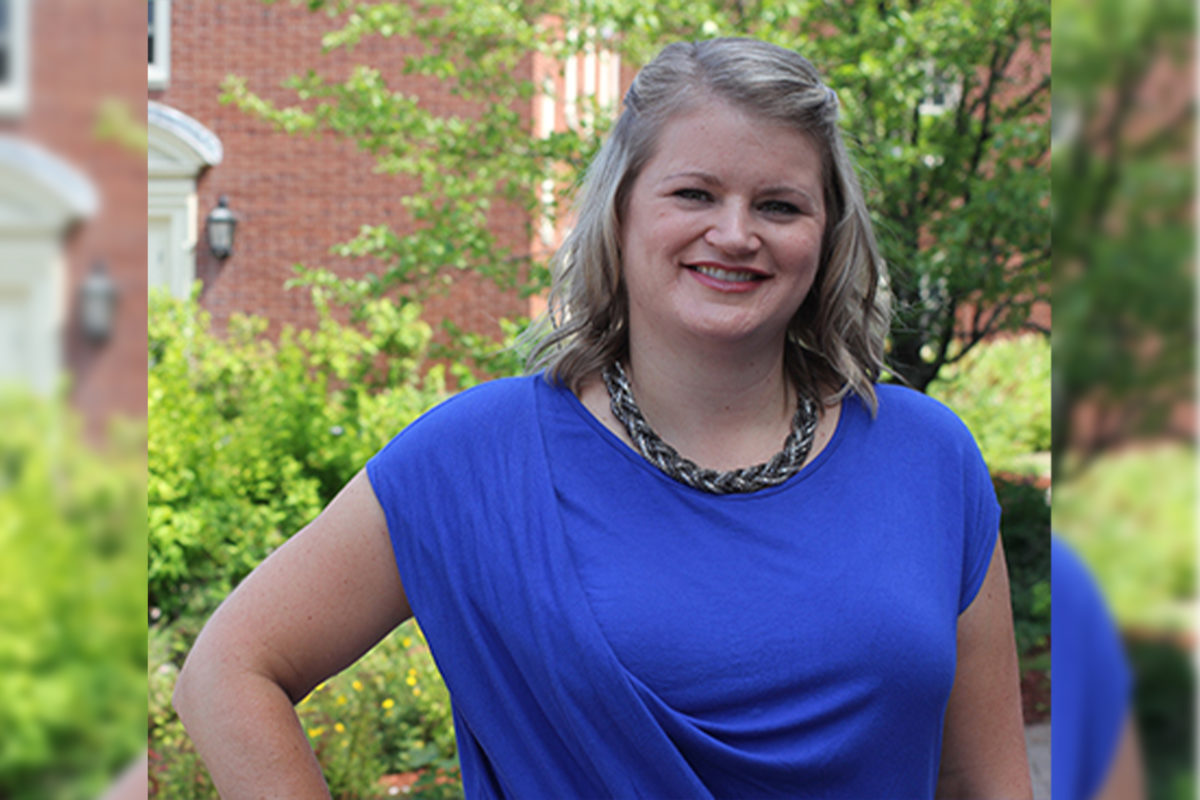

Carrie Monteith-Levesque is the international student coordinator at St. Thomas University. In her role, she helps non-Canadian students adapt to their new life. She said her job is enjoyable because of STU’s supportive community.
“I feel very supported and empowered. I feel that I’m respected by my colleagues and by my supervisors,” she said. “I’m given quite a bit of autonomy to be able to make some decisions and whatnot.”
Monteith-Levesque said she is vice-president of her union, since staff at STU are unionized. She said she’s noticed that everywhere she goes, she tends to see men making higher salaries than women, so she wanted to help facilitate change.
“We just renegotiated a classification system and job evaluation plan, which took into consideration more things like pay equity,” she said. “I’m able to help to facilitate conversations and make some change from within by helping to negotiate those kinds of best practices.”
Carmen Law (she/her)
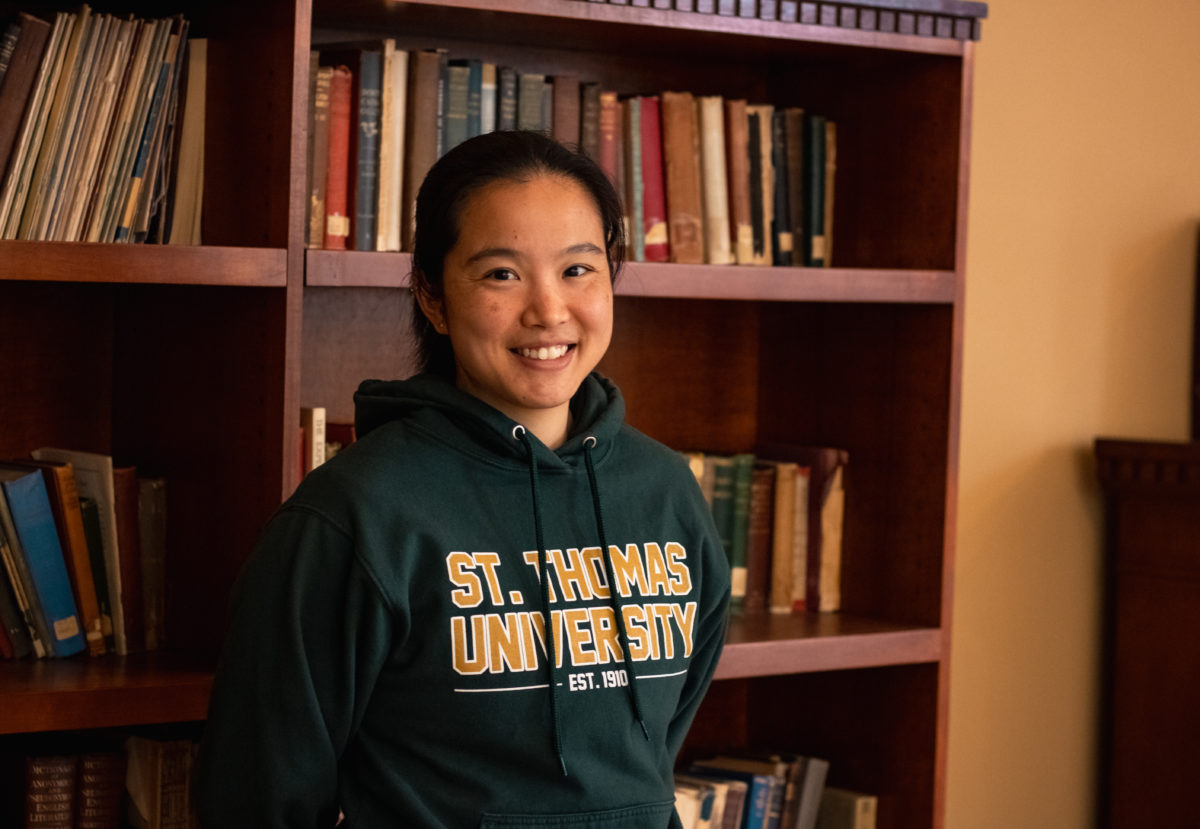

Carmen Law is the assistant director of residence life, which means she is constantly advocating for policies that will make students’ voices heard.
Law said being a woman of colour has affected her life, especially when looking for jobs.
“I have been unsuccessful in a lot of job applications, in jobs that I am very qualified for,” she said.
It was frustrating for her to find out later that the one who got the job was male and, oftentimes, white, but she said it made her more resilient.
“It gives me more resilience and more drive to continue and … keep moving forward because I think that’s important in terms of role-modelling,” she said.
To Law, highlighting women in leadership positions and sharing their stories is important.
“I do really believe that ‘if you can see it, you can believe it.’”
Kelly Humber Kelly (she/her)
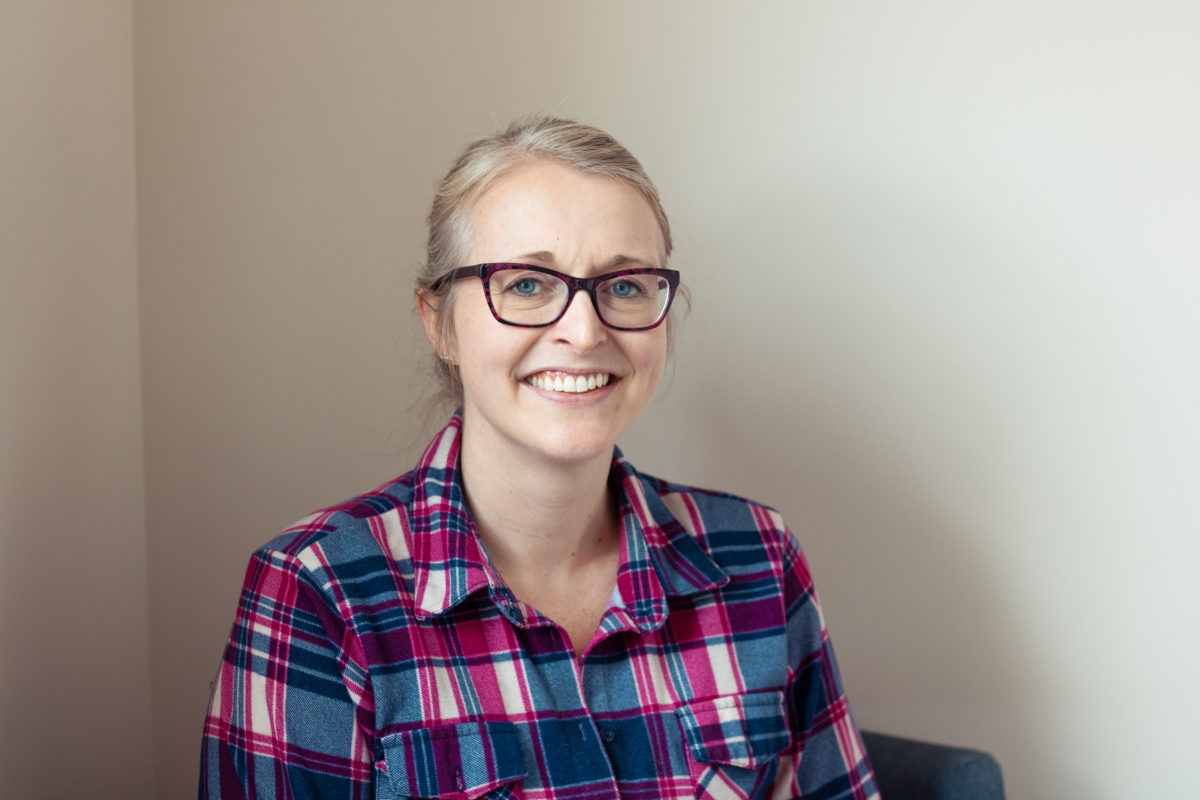

Kelly Humber Kelly is a licensed counselling therapist who works as a mental health coordinator at St. Thomas University. She said gender-related issues can take a toll on students’ mental and emotional well-being.
“[Gender inequality or sexual violence is] definitely something that a number of female identifying students struggle with,” said Humber Kelly.
She also said the transition to university is a “vulnerable time” for students and that she is there to provide them with all the support they might need.
“I identify as a feminist so that kind of, of course, impacts the way that I counsel and how I work.”
Clara Santacruz (she/her)
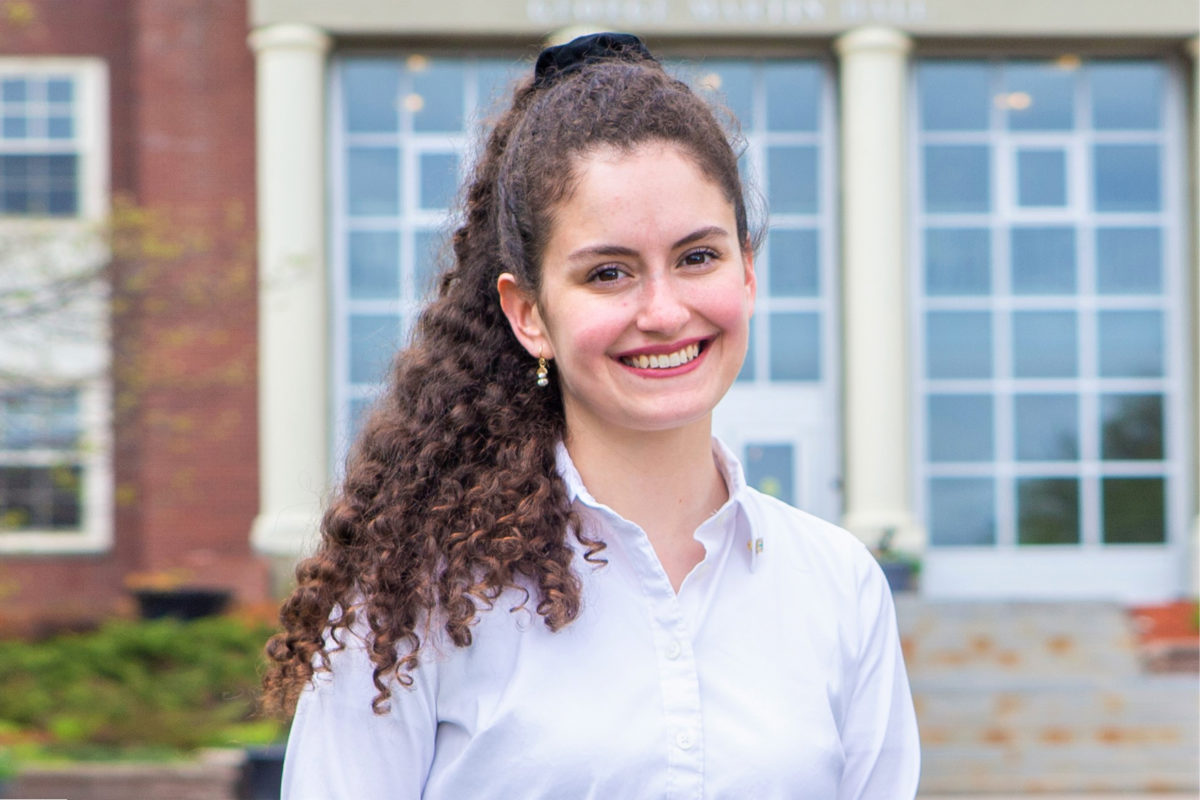

Clara Santacruz is the manager of the office of experiential and community-based learning and she is also a St. Thomas University graduate from Ecuador. Santacruz finds Canada to be more progressive than Ecuador in terms of women in leadership positions, but there is still a lot to do.
“I think often women self-select out of opportunities because of the systemic structures that exist that maybe make women think that they are not qualified enough or not eligible for certain opportunities,” she said.
The barriers women face are sometimes invisible, said Santacruz, and she tries to encourage students to break them down.
“[Women] are saying no to themselves before anybody else has even the chance to offer them an opportunity so just give it a try.”
